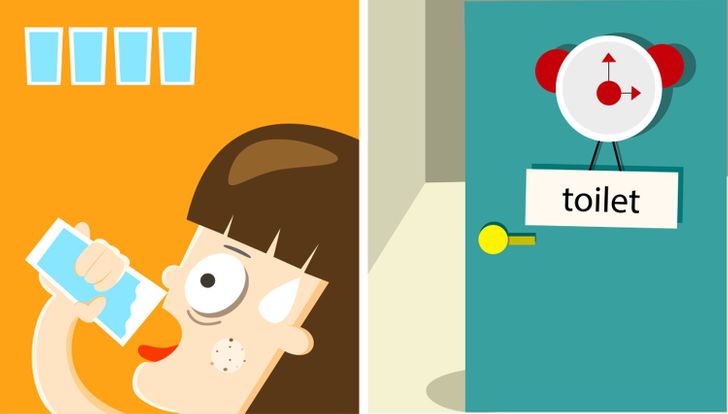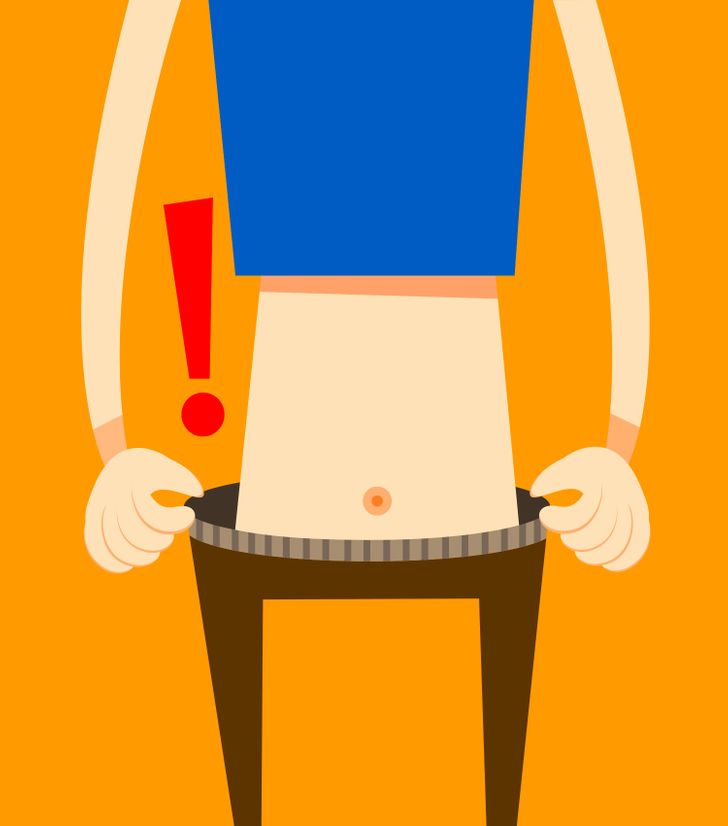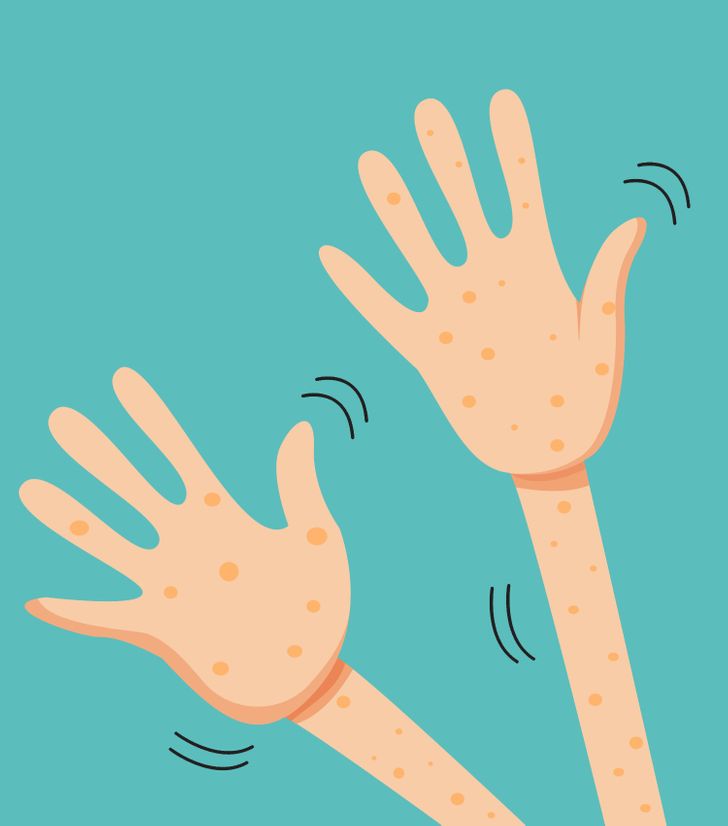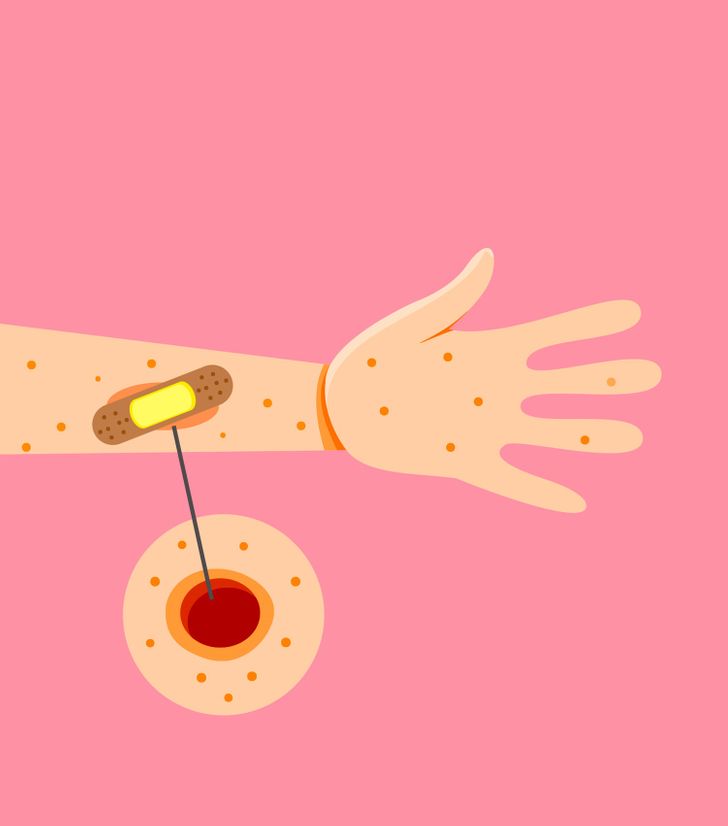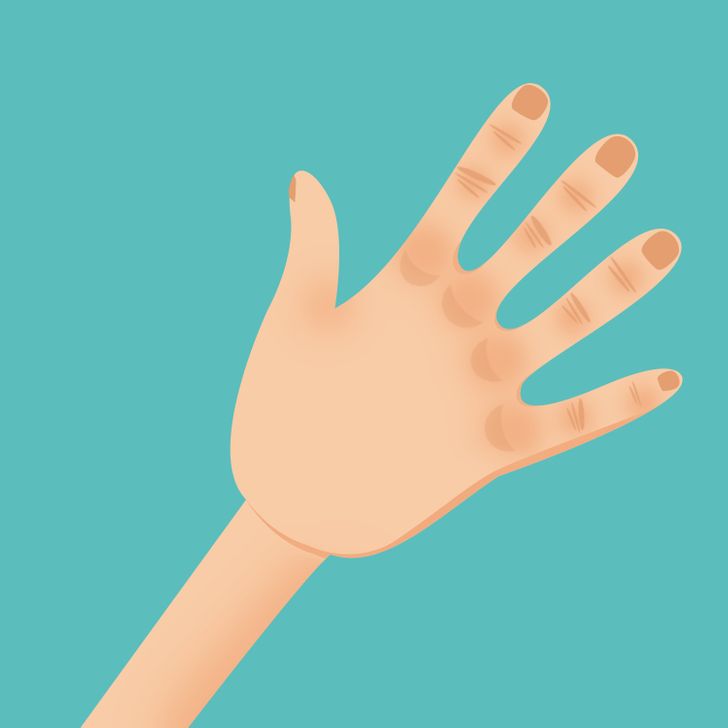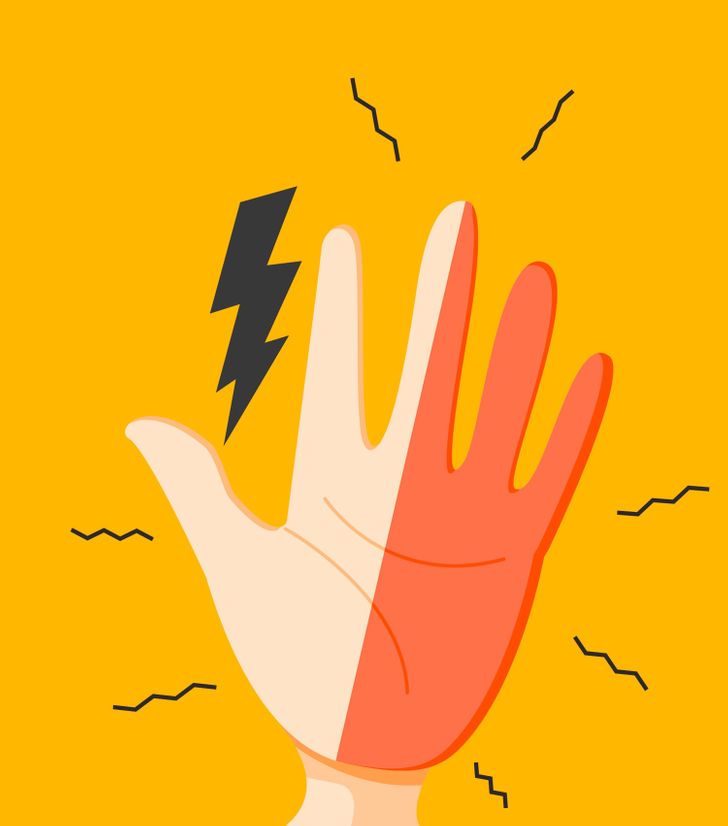Nice suggestion
9 Early Symptoms of Diabetes to Recognize for a Timely Diagnosis
Diabetes is a disease that affects your body’s ability to produce or respond to insulin, resulting in high blood sugar. The first symptoms can be so subtle that some people might brush them off as insignificant. If left untreated, diabetes can not only decrease the quality of life but also reduce life expectancy, which is why it is so crucial to diagnose the disease early.
Bright Side compiled a list of the most common early signs of diabetes that will help you spot the disease in time.
1. Increased thirst and urination
Increased thirst (polydipsia) and frequent urination (polyuria) are the most common symptoms of diabetes. When you have diabetes, your kidneys can’t absorb all the excess sugar. Instead, it ends up in your urine, taking along fluids from your tissues. This makes you pee more and leaves you feeling dehydrated. To quench your thirst, you start drinking more, which leads to even more frequent urination.
The average person urinates 6–7 times a day. Anywhere between 4 and 10 times a day is also normal if the person is healthy and the number of bathroom breaks hasn’t changed.
2. Increased hunger
Excessive hunger (polyphagia), together with the increased thirst and urination mentioned above, make up the 3 major signs of diabetes. If your body doesn’t produce enough (or any) insulin or if it doesn’t respond to it the normal way, it can’t convert food into the glucose that your cells use for energy. And that causes increased hunger that doesn’t go away after eating. In fact, eating only makes the blood sugar even higher.
If you keep eating but your hunger persists, you may need to consult your physician, even if you seemingly don’t have any other symptoms of diabetes.
3. Fatigue
Another common sign of diabetes is constant fatigue. When you have diabetes, you feel tired and sleepy all the time for the same reason that you always feel hungry: your cells don’t have enough glucose to use for energy. Dehydration caused by frequent urination also contributes to feeling exhausted.
Fatigue can be a symptom of many other conditions, some not even medical (carb-heavy diet, too much caffeine, aging). But when combined with other symptoms from this list, it can be a sign of diabetes.
4. Blurred vision
When blurred vision is not a sign of a more serious eye problem, it can be an early sign of diabetes. It happens due to shifting fluids, which makes the lens of your eye swell and change shape. This affects your ability to focus, and things start to look blurry or fuzzy.
These changes in the eye are usually reversible, and your sight should go back to normal as your blood sugar levels stabilize with treatment. However, if diabetes is left untreated, these changes can progress and lead to blindness.
5. Unexplained weight loss
Unexplained weight loss means losing a lot of weight without the help of dieting or exercising. Since your body can’t use glucose as a source of energy when you have diabetes, it starts burning fat and muscle for energy instead, causing your weight to drop. Dehydration also contributes to sudden weight loss since your body uses all available fluids to produce urine.
Unexpected weight loss is a common early sign of type 1 diabetes, but it can affect people suffering from type 2 diabetes as well.
6. Itchy skin
As mentioned above, when excess sugar is excreted into your urine, it takes along fluids from your other tissues, including your skin (your largest organ!). Dry skin can make you itchy, and scratching those dry patches can lead to your skin getting broken and even infected. Another reason for itchy skin is yeast infections, which are fairly common in people with diabetes.
If you have diabetes, learn some basic skin care tips to keep your skin healthy.
7. Slow healing
Cuts and wounds that heal very slowly can often be a symptom of diabetes. High blood sugar not only increases inflammation in cuts and sores but also leads to poor blood circulation, making it hard for blood to reach and repair damaged areas of skin. This especially concerns feet, and it is not uncommon for patients with diabetes to develop foot sores that might lead to more serious problems.
If you’ve noticed that your cuts and wounds take longer to heal than before, be sure to mention it to your physician.
8. Dark patches of skin
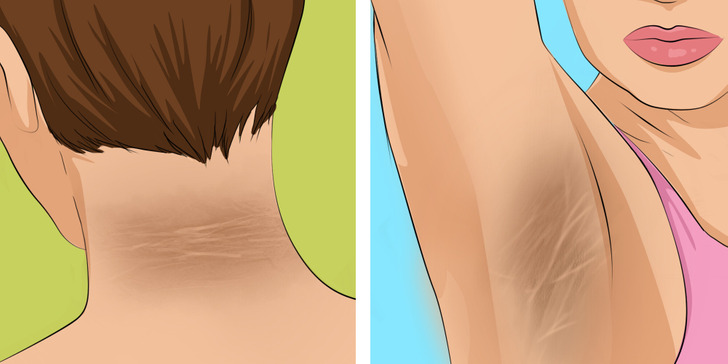
Acanthosis nigricans is a skin condition that presents itself in dark patches of skin with a velvety texture. These patches usually appear in areas where skin creases or folds: on the neck, in the armpits, in the groin, inside the elbows, behind the knees, and on the knuckles of fingers.
While this condition can affect otherwise healthy people, it is a common sign of prediabetes or diabetes and should be examined by your physician.
9. Numb or tingling hands or feet
Numbness, tingling, or pain in the hands or feet (or fingers or toes) is another common sign of diabetes. As mentioned above, high blood sugar leads to poor blood circulation, and that, in turn, leads to nerve damage. Hands and feet, being the body parts farthest from the heart, suffer first.
As with many other symptoms on this list, keeping your blood sugar in check will help you greatly, and your circulation should improve.
Diabetes is a chronic disease that can lead to many serious complications if left untreated. The earlier it is diagnosed, the easier it will be to manage it and the longer your life will be. If you notice any of these symptoms, especially several of them combined, make an appointment with your doctor as soon as possible.
Comments
Diabetes is a fast penetrating disease in the modern world. The common symptoms of diabetes are excessive thirst and hunger, frequent urination, fatigue, weight loss or gain, slow-healing wounds, blurred vision, nausea, etc. If you have any of these symptoms, it is important to consult with a good diabetologist as early as possible. The most important treatment for diabetes involves controlling blood sugar through dietary changes, insulin, reducing weight and exercise. The adverse effect of diabetes in health management has resulted in several specialty clinics being set up across different parts of the country. Among these clinics, without doubt, a familiar name is ‘The Providence Endocrine and Diabetes Speciality Centre’ at Ulloor, Trivandrum. The center is headed by Dr. Mathew John and Dr. Nishanth Sanalkumar and provides personalized outpatient care to the patients. Dr. Mathew John, trained in Endocrinology from King Edward Memorial Hospital, Mumbai is experienced in the treatment of all forms of endocrine disorders and diabetes. He is also a member of various organizations like Endocrine Society of India (ESI), Asia Pacific Paediatric Endocrine Society (APPES), Indian Medical Association (IMA), etc. The center offers comprehensive treatment for all diabetic disorders. For details, please visit: Providence Diabetes Specialty Center | Trivandrum
Related Reads
12 Stories That Prove Kindness Is Such a Rare Gift

I Installed a Secret Camera After My MIL Insisted on Having Our Key

My Ex-Husband Spent the Money Saved for Our Son on His Stepdaughter

“Fillers Ruined Him,” Ryan Gosling’s Latest Appearance Leaves Fans Shocked

I Found Out During Pregnancy My Husband Planned to Leave the Family After Childbirth, So I Taught Him a Lesson

My Husband Betrayed Me So Hard That I Almost Died, Now Everything Blew Up in His Face

My Son Brought His Fiancée Home – I Immediately Called the Police

I’m Utterly Shocked After Overhearing My Fiancé and His Mom’s Malicious Plot Against Me

9 Manicure Trends That Are Dominating This Summer 2025

I Lost My Baby Because of My MIL, and She Didn't Care
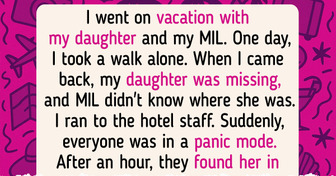
My Only Son Excluded Me From His Wedding Because of His Fiancée’s Dark Scheme

My MIL Made a Nasty Comment About My Mom on My Wedding Day, So I Got Revenge She’ll Never Forget

